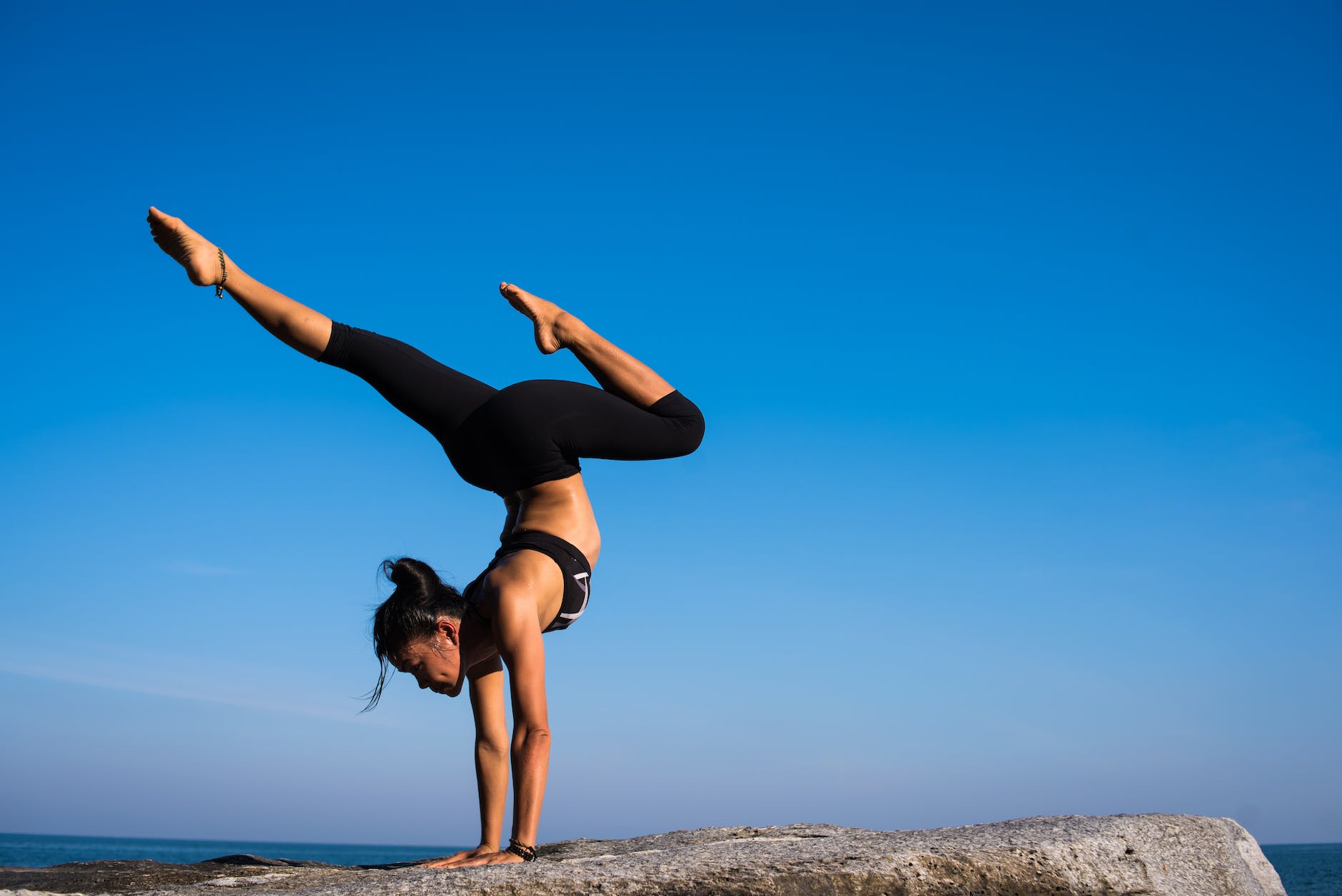The Digital Dilemma: How Screen Time Impacts Your Mind
In today’s digital age, we’re glued to screens more than ever before. From smartphones to laptops, our devices keep us connected, entertained, and informed. But have you ever stopped to think about the toll all this screen time takes on your mental well-being?
The Stress of the Scroll: Understanding Digital Overload
Scrolling through social media feeds or binge-watching TV shows may seem harmless, but excessive screen time can lead to increased stress and anxiety. The constant barrage of information and stimuli can overwhelm our brains, leaving us feeling mentally drained and frazzled.
The Happiness Hangover: How Screens Affect Mood
Ever notice how you feel after a long day of staring at screens? Chances are, you’re not exactly bursting with joy. Research shows that prolonged screen time can negatively impact mood, leading to feelings of irritability, sadness, and even depression. It’s like a happiness hangover – the more time we spend online, the worse we feel.
Finding Balance: Tips for a Digital Detox
So, what’s a screen-addicted soul to do? The key is finding balance. Start by setting boundaries for your screen time. Schedule regular breaks throughout the day to give your brain a rest. Engage in offline activities that bring you joy, whether it’s going for a walk, reading a book, or spending time with loved ones. And don’t forget to give your eyes a break too – consider investing in blue light-blocking glasses to protect against digital eye strain.
Easing Eye Strain: Tips for Refreshing Your Peepers
In today’s screen-centric world, our eyes often bear the brunt of our digital habits. Whether we’re glued to our computers for work or binge-watching our favorite shows, prolonged screen time can leave our peepers feeling tired and strained. But fear not, weary-eyed warriors! With a few simple strategies, you can give your eyes the TLC they deserve and keep digital eye fatigue at bay.
Adjust Your Screen Settings for Optimal Comfort
One easy way to reduce eye strain is by adjusting the settings on your digital devices. Increase the font size and adjust the brightness and contrast levels to make text easier to read. You can also reduce blue light emissions by using the built-in night mode or downloading a blue light filter app. These small tweaks can make a big difference in how your eyes feel after a long day of screen time.
Take Regular Breaks to Give Your Eyes a Rest
It’s easy to get so engrossed in our digital tasks that we forget to give our eyes a break. But taking regular breaks is essential for preventing eye strain and fatigue. Follow the 20-20-20 rule: every 20 minutes, take a 20-second break to look at something 20 feet away. This simple exercise can help relax your eye muscles and reduce strain.
Incorporate Eye-Friendly Habits into Your Wellness Routine
When it comes to combating digital eye fatigue, small changes to your daily habits can make a big difference. Practice good posture to reduce neck and shoulder strain, which can exacerbate eye fatigue. Blink frequently to keep your eyes moist and refreshed, and remember to stay hydrated throughout the day. And don’t forget the importance of regular exercise – physical activity improves blood flow to the eyes and can help alleviate eye strain.
Easing Eye Strain: Tips for Refreshing Your Peepers
In today’s screen-centric world, our eyes often bear the brunt of our digital habits. Whether we’re glued to our computers for work or binge-watching our favorite shows, prolonged screen time can leave our peepers feeling tired and strained. But fear not, weary-eyed warriors! With a few simple strategies, you can give your eyes the TLC they deserve and keep digital eye fatigue at bay.
Adjust Your Screen Settings for Optimal Comfort
One easy way to reduce eye strain is by adjusting the settings on your digital devices. Increase the font size and adjust the brightness and contrast levels to make text easier to read. You can also reduce blue light emissions by using the built-in night mode or downloading a blue light filter app. These small tweaks can make a big difference in how your eyes feel after a long day of screen time.
Take Regular Breaks to Give Your Eyes a Rest
It’s easy to get so engrossed in our digital tasks that we forget to give our eyes a break. But taking regular breaks is essential for preventing eye strain and fatigue. Follow the 20-20-20 rule: every 20 minutes, take a 20-second break to look at something 20 feet away. This simple exercise can help relax your eye muscles and reduce strain.
Incorporate Eye-Friendly Habits into Your Wellness Routine
When it comes to combating digital eye fatigue, small changes to your daily habits can make a big difference. Practice good posture to reduce neck and shoulder strain, which can exacerbate eye fatigue. Blink frequently to keep your eyes moist and refreshed, and remember to stay hydrated throughout the day. And don’t forget the importance of regular exercise – physical activity improves blood flow to the eyes and can help alleviate eye strain.
Zen and the Art of Blue Light Blocking: Enhancing Your Meditation Practice
Meditation and mindfulness are powerful tools for finding inner peace and reducing stress in our hectic lives. But did you know that incorporating blue light-blocking glasses into your practice can take your zen to a whole new level? Let’s explore how these stylish specs can enhance your meditation experience and promote greater well-being.
Creating a Calm Sanctuary: Minimizing Distractions with Blue Light Protection
When we settle into meditation, the last thing we want is to be distracted by the harsh glare of screens or artificial lighting. Blue light-blocking glasses create a serene sanctuary for your practice by filtering out disruptive blue light and reducing eye strain. With your vision shielded from digital distractions, you can fully immerse yourself in the present moment and deepen your meditation experience.
Easing Eye Fatigue: Enhancing Comfort and Focus During Mindfulness Practices
Staring at screens all day can leave our eyes feeling tired and fatigued, making it challenging to maintain focus during mindfulness exercises. By donning blue light-blocking glasses, you can alleviate eye strain and discomfort, allowing you to fully engage in your practice with clarity and ease. Say goodbye to squinting and hello to serene concentration as you explore the depths of your inner world.
Harmonizing Body and Mind: Balancing Circadian Rhythms with Blue Light Solutions
Our bodies rely on natural cues like sunlight to regulate our circadian rhythms and promote healthy sleep-wake cycles. However, exposure to artificial blue light from screens can disrupt this delicate balance, leading to sleep disturbances and feelings of restlessness. Blue light-blocking glasses help restore harmony to your body and mind by filtering out disruptive blue light, signaling to your brain that it’s time to unwind and prepare for rest. Slip on your glasses before bedtime or during evening meditation sessions to create a tranquil atmosphere conducive to relaxation and rejuvenation.
Embracing the Blue Light Blocking Lifestyle: Making Wellness a Priority
Incorporating blue light-blocking glasses into your meditation and mindfulness routine is more than just a trend – it’s a lifestyle choice rooted in self-care and well-being. By prioritizing the health of your eyes and mind, you’re taking proactive steps to cultivate a deeper sense of inner peace and balance in your life. So, the next time you settle onto your meditation cushion or embark on a mindfulness journey, don’t forget to don your stylish blue light-blocking glasses and let the calming energy wash over you.
Expert Opinions: The Science Behind Blue Light Protection
When it comes to the benefits of blue light protection, experts from various fields are singing its praises. Let’s delve into some testimonials from these knowledgeable voices and uncover the compelling reasons to shield your eyes from harmful blue light.
Ophthalmologist’s Insight: Protecting Your Vision for the Long Haul
Dr. Emily Chen, an ophthalmologist specializing in digital eye health, emphasizes the importance of blue light protection for preserving our precious peepers. “Excessive exposure to blue light can contribute to digital eye strain and potentially lead to long-term vision problems,” says Dr. Chen. “Wearing blue light-blocking glasses can significantly reduce eye strain and promote better eye health, especially for individuals who spend extended periods in front of screens.”
Sleep Specialist’s Perspective: Improving Sleep Quality with Blue Light Filtration
According to Dr. Ryan Wong, a sleep specialist and neurologist, blue light exposure before bedtime can wreak havoc on our sleep patterns. “Blue light suppresses the production of melatonin, the hormone that regulates sleep-wake cycles,” explains Dr. Wong. “By blocking blue light in the evening, whether through glasses or screen filters, we can signal to our bodies that it’s time to wind down and prepare for restful sleep.”
Wellness Coach’s Endorsement: Enhancing Overall Well-Being Through Eye Protection
For wellness coach Sarah Johnson, incorporating blue light protection into her daily routine has been a game-changer. “As someone who’s passionate about holistic health, I recognize the profound impact that digital eye strain can have on our well-being,” says Sarah. “By wearing blue light-blocking glasses, I’ve noticed a significant reduction in eye fatigue and improved sleep quality. It’s a simple yet effective way to support overall wellness in our tech-driven world.”


